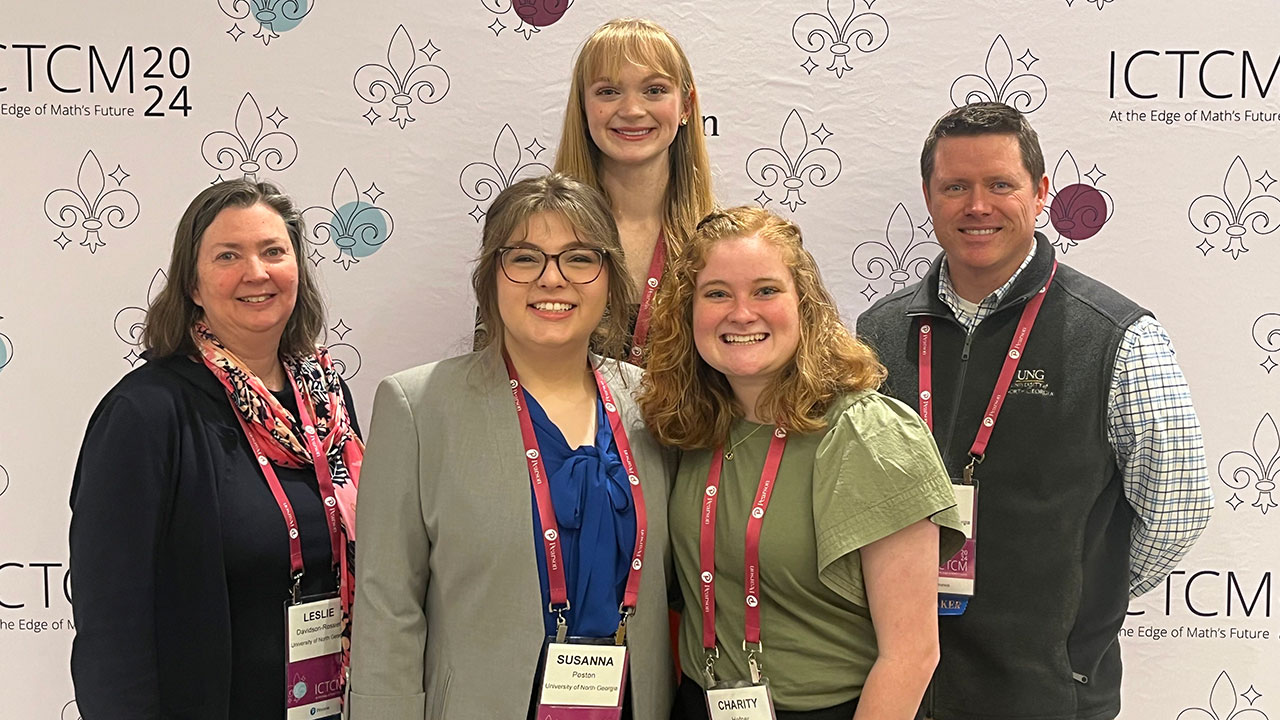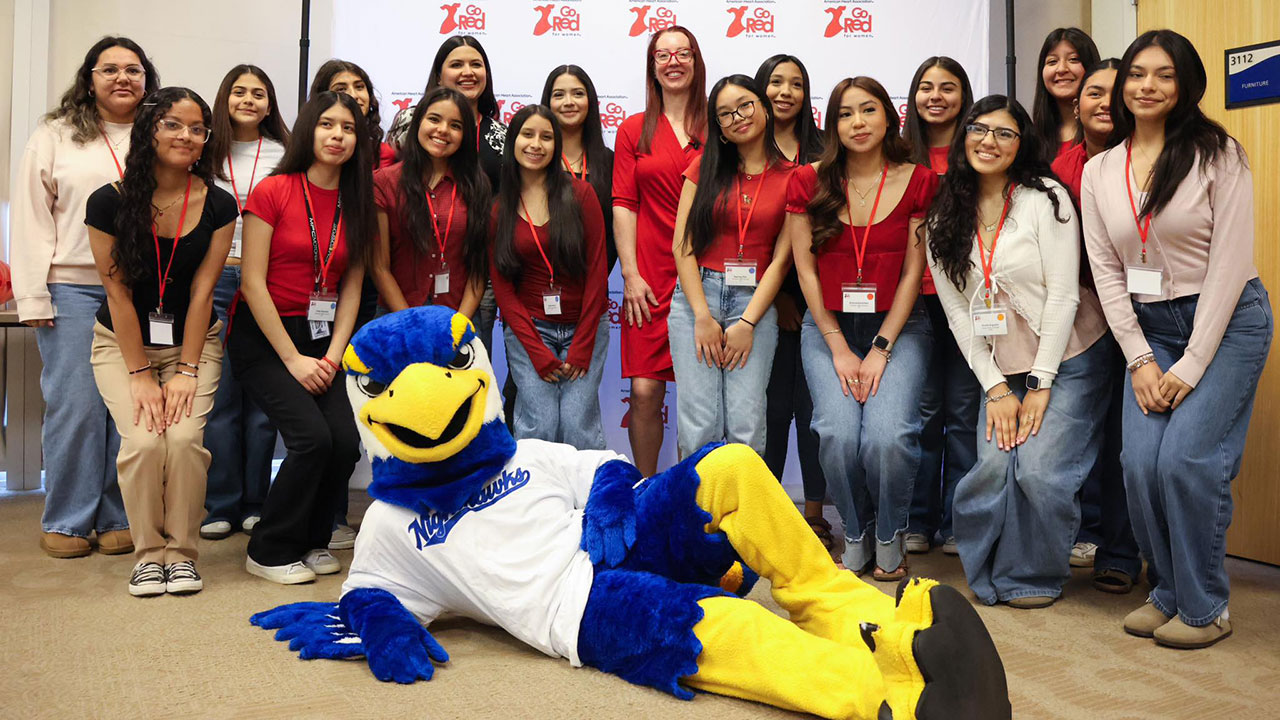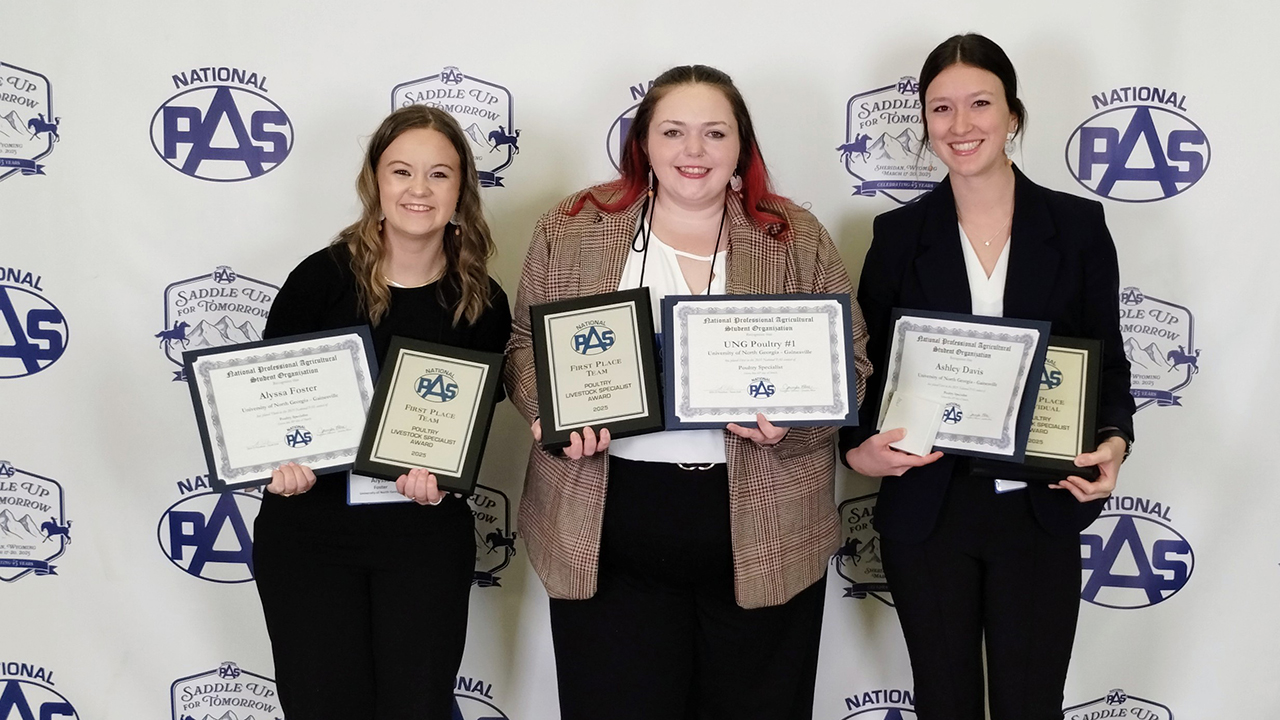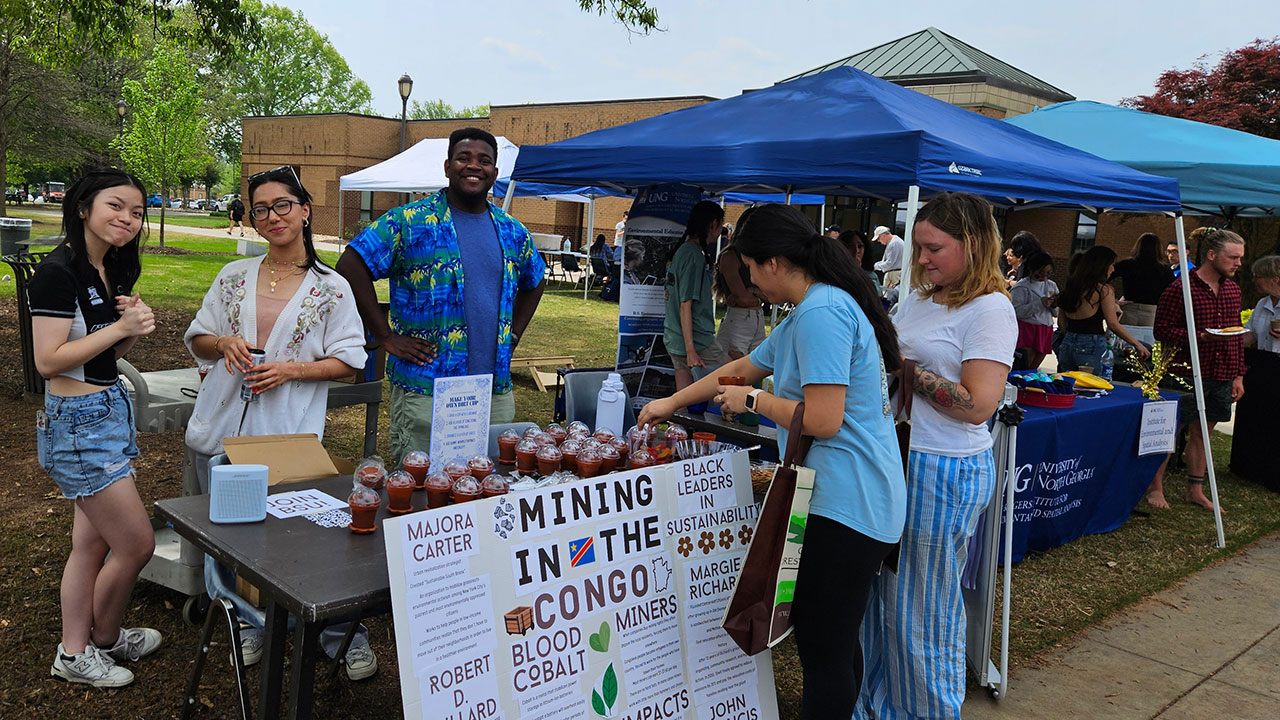Environmental Leadership Center receives grant to restore Chestatee River

Article By: Staff
The Environmental Leadership Center (ELC) at the University of North Georgia (UNG) was awarded a $186,000 grant from the Georgia Environmental Protection Division (GEPD) to support watershed restoration activities on the Chestatee River in Lumpkin County.
Dr. Justin Ellis, director of the ELC, initiated the restoration project as a way to meet the needs of both the local community and the state's progress with cleaning Georgia's water systems.
"The Environmental Leadership Center provides a resource for students to gain experience implementing solutions to local natural resource challenges," said Ellis. "Many students who attend UNG never experience what the local environment has to offer, so one of the main goals of the ELC is to showcase and educate on what we do in the community and provide as many opportunities as possible for anyone who wants to be involved."
The project's intended goal is to identify and reduce sediment and bacteria pollutants to the Chestatee River, which would remove sections of the local watershed from the state's Impaired Waters' list.
By bringing in locally-sourced mulching material to efficiently create a new layer of topsoil, new vegetation will be reestablished on lands suffering from low nutrients, compaction, poor rainfall infiltration and increased erosion. Redirecting organic matter gathered from the maintenance of road and electrical easements to the areas of Lumpkin County most in need of restoration will assist with "greening of the county."
"Not only is mulching extraordinarily cheap, it has a huge environmental and aesthetic payback at a much more rapid pace in comparison to the other soil treatments available," Ellis said. "By using this method there is greater potential for student involvement because they have opportunities to interact with the local community and get to understand the environment around them."
The ELC has three ongoing programs: the Ecological Protection Lab, which protects native Hemlock trees; the Water Lab, which assesses and restores water quality; and a new Sustainability Models program focused on new projects on UNG campuses.
The grant will be largely invested in the Water Lab, which will be celebrating 30 years of operation in May. The lab conducts research on water samples taken from 11 sites in the Chattahoochee River Basin – as the Chestatee River is a main tributary of the Chattahoochee –and these samples constitute the longest record of baseline water quality data in the upper Chattahoochee River above Lake Lanier.
Students are highly involved in this research process, including taking water samples twice a month to judge how well the land is contributing to water quality, and using Geographic Information Systems models to observe and record where the landscape is degraded and where it can be restored.
For more information about the Water Lab and the other ELC projects visit https://ung.edu/Environmental-Leadership-Center/about-elc.php.



